
POST ADOPTION SERVICES
Welcome to the Post Adoption Services Web-Based Training
Once you have completed this web-based training you will be able to:

All families of children adopted through DFPS can access post adoption services if:


* Availability of these services are dependent on funding and the individual child and family situation.
Adoptive families have different access to resources than biological families due to Post Adoption Services.

Post Adoption Providers utilize Youth for Tomorrow (YFT) to receive a level of care (LOC) for their children.
Youth for Tomorrow (YFT) is responsible for locating placements for children enrolled in their services.
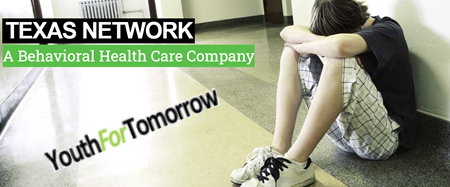
 It is important to remember that while a family may be requesting Residential Treatment Center (RTC) placement for their child, they might not qualify for Residential Treatment Center (RTC) after assessment.
It is important to remember that while a family may be requesting Residential Treatment Center (RTC) placement for their child, they might not qualify for Residential Treatment Center (RTC) after assessment.
Also, you need to remember that Post Adoption Providers do not have access to IMPACT. CPS gives the contractor a copy of the child's record so they can better assess the child's needs and determine eligibility.
Adoption Assistance ends when children enter Temporary Managing Conservatorship (TMC).
The Post Adoption Provider should be utilized as a collateral contact and resource during the Temporary Managing Conservatorship (TMC) case.
The Post Adoption Provider should be included in case meetings discussing reintegration due to the supportive services provided.

Adoption Assistance ends when children enter Joint Managing Conservatorship (JMC).
 This Knowledge Check is designed to reinforce the materials you have learned in this lesson. Though grades are not tracked, you will benefit from checking your understanding of the lesson content. Additionally, Knowledge Checks help you prepare for the final graded assessment.
This Knowledge Check is designed to reinforce the materials you have learned in this lesson. Though grades are not tracked, you will benefit from checking your understanding of the lesson content. Additionally, Knowledge Checks help you prepare for the final graded assessment.
Post Adoption Substitute Care policy offers certain adoptive families, as a final resource, the opportunity to work with Child Protective Services (CPS) so that the adopted child may temporarily come back into substitute care for mental health treatment.
In these cases, the family is able to do this without facing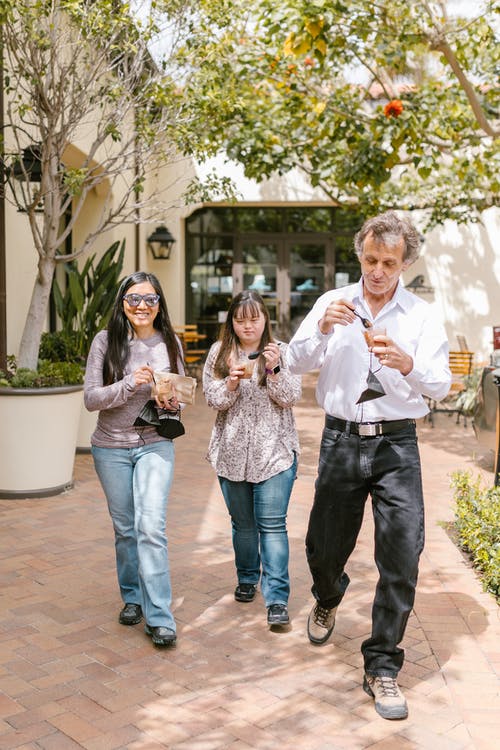 a Reason to Believe (RTB) for Refusal to Assume Parental Responsibility (RAPR). The intent is for reunification in these cases.
a Reason to Believe (RTB) for Refusal to Assume Parental Responsibility (RAPR). The intent is for reunification in these cases.
This service provides out-of-home placement of the adoptive child when the child's:
Who is eligible for Post Adoption Substitute Care?
The family must:
For more information about Post Adoption Substitute Care Services see the Child Protective Services (CPS) Handbook 6961.
Post Adoption Substitute Care is NOT the same as the Mental Health Support Protocol, DFPS Policy 2390.
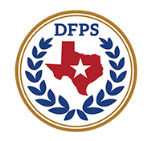 The Mental Health Support Protocol, previously referred to as the Diversion Bed Project, is available to the public.
The Mental Health Support Protocol, previously referred to as the Diversion Bed Project, is available to the public.
Post Adoption Substitute Care is only available to families who have adopted from Department of Family and Protective Services (DFPS).
Mental Health Support Protocol is for families needing access to otherwise unobtainable Residential Treatment (RTC) center care for a child with a Serious Emotional Disturbance or SED.
The Texas Family Code 261.011(9) defines a SED as a "mental, behavioral, or emotional disorder of sufficient duration to result in functional impairment that substantially interferes with or limits a person's role or ability to function in family, school, or community activities."
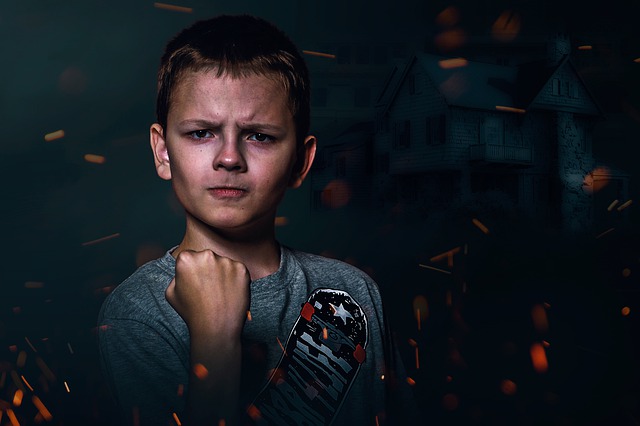 Billy is a 13-year-old child who was adopted by the Smith's when he was 5 years old. Billy has been in and out of psychiatric hospitals for the past 3 years due to a history of suicidal ideations, self-harm behaviors and physically harming his adoptive parents. Billy has hit, kicked, and spit on his adoptive parents, has broken furniture and punched holes in the walls of the home. Billy has 2 adoptive siblings who report being afraid to be alone with Billy because of his physical aggression although he has not hurt them physically. The Smith's have been enrolled with Post Adoption Services for the past year and have engaged in support groups, respite care, parent training, crisis intervention services, and individual therapy. Billy refuses to participate in family therapy and has made minimal progress with his individual therapist. Billy recently completed a psychological evaluation which recommended out of home intensive services such as Residential Treatment Center (RTC) treatment. The Smiths feel overwhelmed because they cannot control Billy and keep their entire family (Billy included) emotionally and physically safe. They are asking for more help from the Post Adoption Provider however, the provider does not have any funding to cover Residential Treatment Center (RTC) treatment for Billy and therefore the family is seeking Post Adoption Substitute Care.
Billy is a 13-year-old child who was adopted by the Smith's when he was 5 years old. Billy has been in and out of psychiatric hospitals for the past 3 years due to a history of suicidal ideations, self-harm behaviors and physically harming his adoptive parents. Billy has hit, kicked, and spit on his adoptive parents, has broken furniture and punched holes in the walls of the home. Billy has 2 adoptive siblings who report being afraid to be alone with Billy because of his physical aggression although he has not hurt them physically. The Smith's have been enrolled with Post Adoption Services for the past year and have engaged in support groups, respite care, parent training, crisis intervention services, and individual therapy. Billy refuses to participate in family therapy and has made minimal progress with his individual therapist. Billy recently completed a psychological evaluation which recommended out of home intensive services such as Residential Treatment Center (RTC) treatment. The Smiths feel overwhelmed because they cannot control Billy and keep their entire family (Billy included) emotionally and physically safe. They are asking for more help from the Post Adoption Provider however, the provider does not have any funding to cover Residential Treatment Center (RTC) treatment for Billy and therefore the family is seeking Post Adoption Substitute Care.
The regional Post Adoption Liaison sets up a meeting with the Post Adoption Provider, the adoptive parents, Conservatorship (CVS) Program Director (PD), Adoptions (ADO) PD, Investigations (INV) PD and also invites the State Office Adoption Program Specialist. The family is told to call in an intake to the hotline for Refusal to Assume Parental Responsibility (RAPR) and reference Post Adoption Substitute Care. After the meeting, the family calls in the intake. The intake is not progressed to an investigation at that time due to the lack of allegations of abuse or neglect. The family needs to call in the intake a second time with the help of the Post Adoption Case Manager before the case is progressed to an investigation.
The investigator who receives the case is informed of the special circumstances for Post Adoption Substitute Care by the Investigations (INV) PD/Supervisor (SUP). The investigator must conduct the investigation to determine that the need for therapeutic and behavioral help is a result of trauma Billy endured before adoptive placement or unpredictable genetic issues. If this is the case, the family will not be facing a Reason to Believe (RTB). They are asking for more help from the Post Adoption Provider however, the provider does not have any funding to cover Residential Treatment Center (RTC) treatment for Billy. Because of this situation, the family is seeking Refusal to Assume Parental Responsibility (RAPR).
Upon completing the investigation, Child Protective Services (CPS) files for Temporary Managing Conservatorship (TMC) and at the first court hearing, requests Joint Managing Conservatorship (JMC) with the adoptive parents.

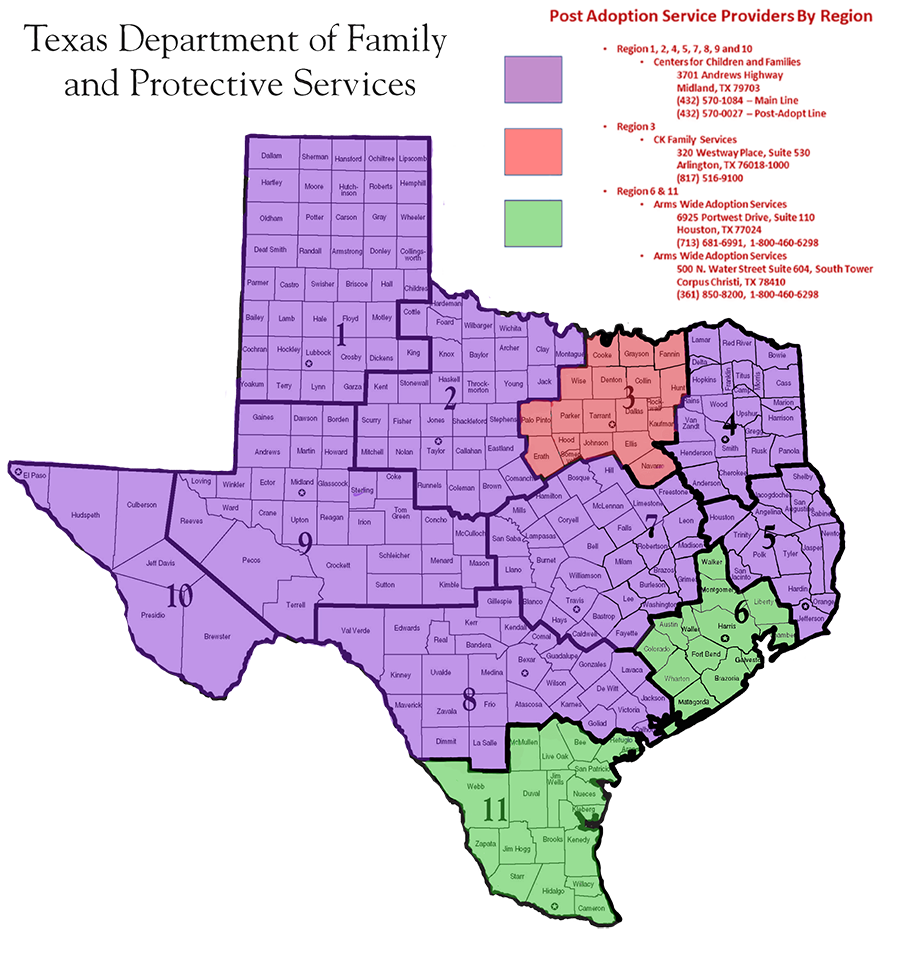
This is the link to our Post Adoption Liaisons by Region
Here is the list of the Post Adoption Liaisons on the Adoption Support Programs page
Now that you have reached the end of this web-based training you should be able to:
You have reached the end of this lesson. You may navigate to any part of the lesson for review, select Print All, or select Ctrl + W to close this window to continue on to the Knowledge Assessment.
